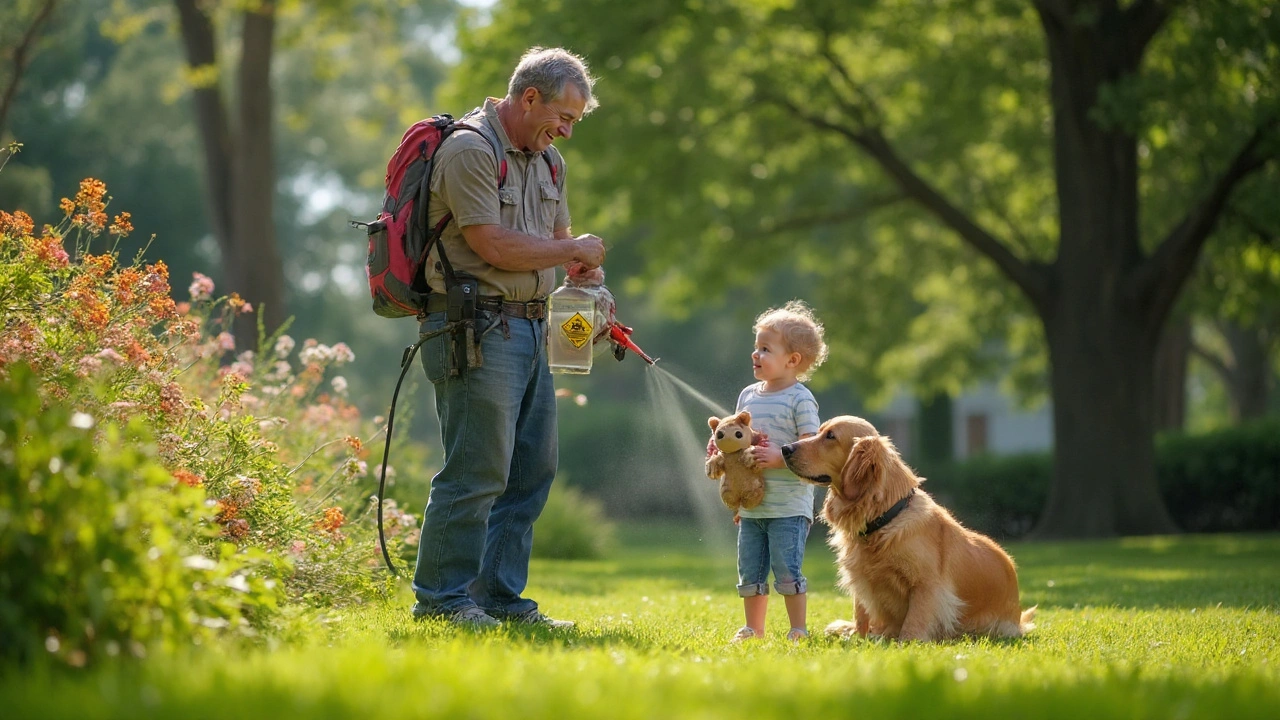Learn what permethrin is, how it can trigger allergic reactions, who’s at risk, and practical steps to stay safe when using this common insecticide.
Read more
Ever sprayed a garden or used a bug spray and then felt your throat tighten or your skin itch? That could be an insecticide allergy kicking in. It’s not just a sneeze – it’s your body’s way of saying the chemicals don’t belong. Understanding the signs, why they happen, and what you can do right away makes the difference between a mild nuisance and a serious health issue.
Allergy reactions to insecticides can show up in many ways. The most common signs include:
If any of these symptoms appear within minutes to a few hours after using an insecticide, treat it as a possible allergy. Mild skin reactions can often be soothed with cool compresses and over‑the‑counter antihistamines. Breathing problems need faster action – step outside, get fresh air, and consider an inhaler if you have one.
Prevention is the easiest way to avoid a reaction. Here are practical steps you can add to your routine:
Keep an emergency kit handy. A small pack of antihistamines, a calming inhaler, and an epinephrine auto‑injector (if prescribed) can save you from a worsening reaction.
When you suspect a severe allergy – like swelling of the lips, throat tightening, or a rapid heartbeat – call emergency services immediately. Those symptoms can turn life‑threatening fast, and early treatment is key.
Finally, talk to your doctor if you notice any reactions. They can run a simple skin prick test to confirm which insecticides trigger you. Knowing the exact trigger lets you avoid it and choose safer alternatives for future projects.
Living around gardens, farms, or pest‑control work doesn’t have to mean constant worry. By spotting the signs early, using proper protection, and picking gentler products, you can keep your home and yard bug‑free without compromising your health.

Learn what permethrin is, how it can trigger allergic reactions, who’s at risk, and practical steps to stay safe when using this common insecticide.
Read more